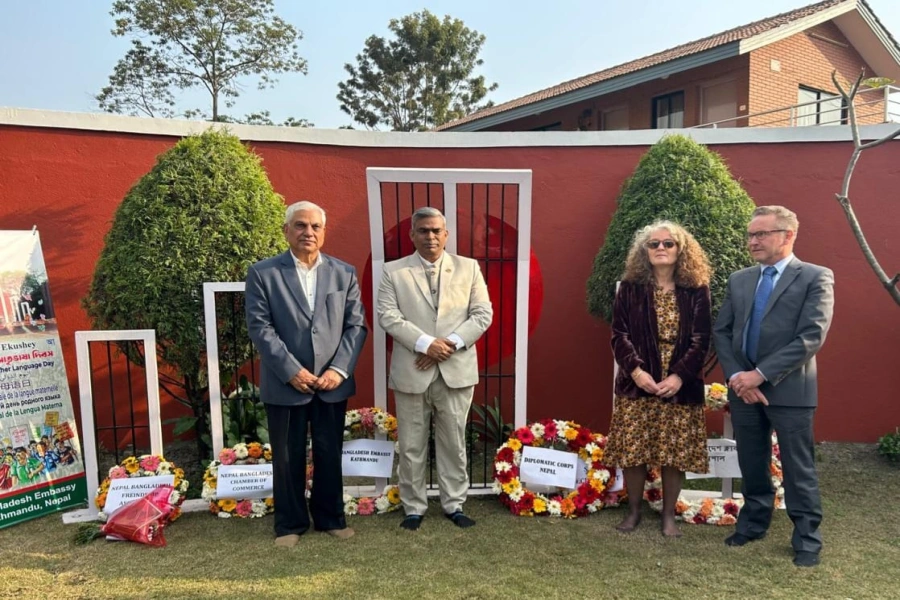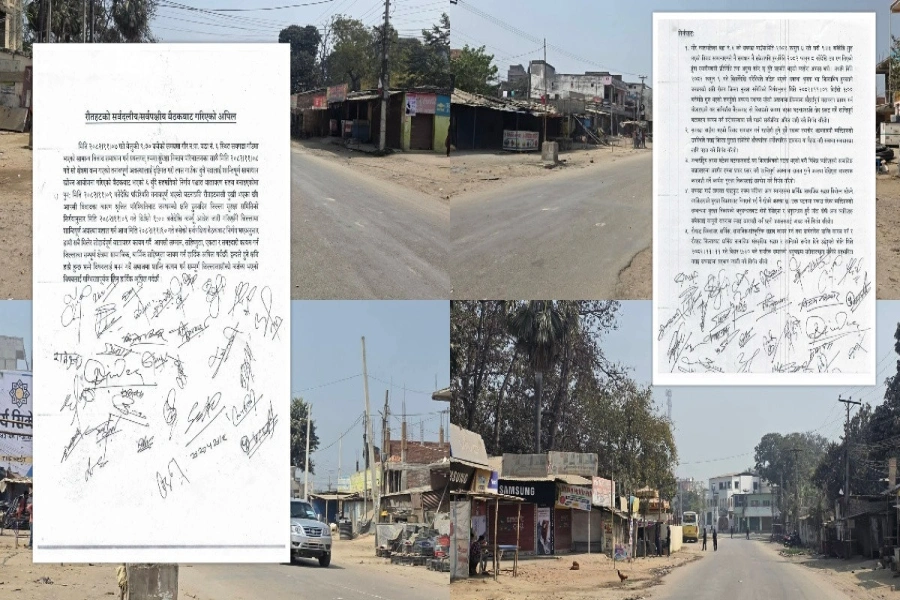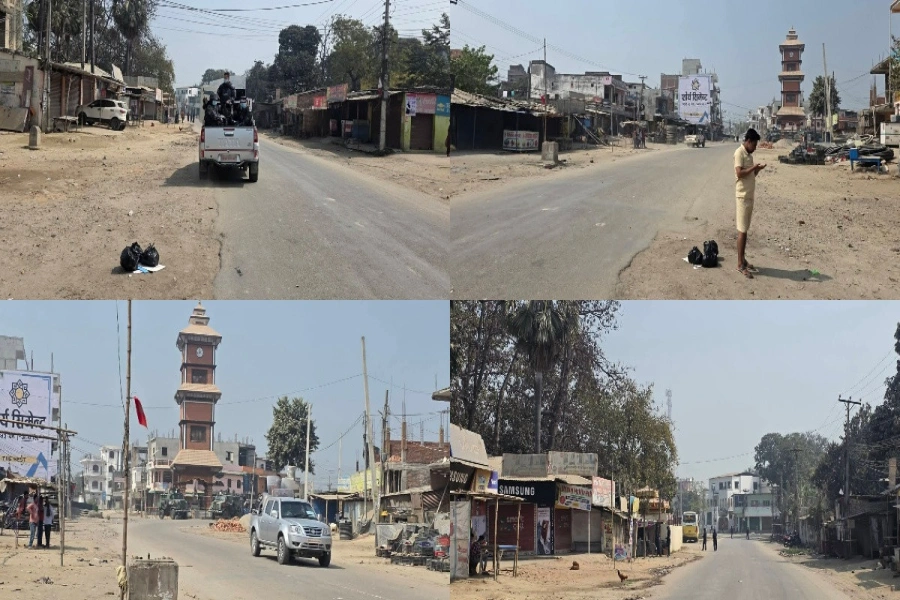If we don’t test to detect the cases and conduct surveillance, we don’t know what may be coming our way
On January 25, when WHO reported a total of 1,320 confirmed cases globally for disease the outbreak caused by novel Coronavirus (then named 2019-nCoV), with the majority of the cases (1,297 ) reported in China, Nepal with one confirmed case joined nine countries in the global map spotting confirmed cases. By March 23, the global total for the disease known by then with its new name COVID-19 surpassed 300,000 confirmed cases with the loss of over 14000 lives in some 195 countries. Nepal was fortunate to still remain with the same lone case, which was fully recovered.
Trace and test

Understandably, Nepal’s exceptional status did not reflect the magnitude of the global crisis taking the shape of a full-blown global pandemic that took over three months to hit the first 100, 000 mark of the confirmed cases, while it took only next 12 days to double this mark. In the midst of the global crisis worsening, shockingly day by day, Nepal’s scenario by the end of March is seemingly still at low risk, with the lowest rate of less than two confirmed cases per 10 million population among SAARC countries, which is followed by Bangladesh with less than three confirmed cases per 10 million population and India with less than eight confirmed cases per 10 million population, while other countries in the region have much higher rates up to 84 confirmed cases per 10 million population in Pakistan.
During the later half of March, the case occurrence pattern of Nepal aligned with the patterns of India and Bangladesh for the population rate of confirmed cases, which is but natural for the highly contagious disease, given the close proximity, connectivity and peoples’ mobility with the two neighbors. One foreseeable scenario for Nepal much like in the two neighbors, however, is that the disease occurrence is rising steadily taking its upward spiral toll of confirmed cases that are yet to peak.
Thus now is the opportune time to ramp up the testing, following the WHO Director General’s mantra of “test, test, and test.” A simple rule of epidemiology is that if we don’t investigate (test in this case) to detect the cases and conduct surveillance, we don’t know what may be coming our way and we can’t measure progress in combating against the pandemic looming at large. Testing should now be a national campaign. Nepal should not limit its testing capacity relying only on the sophisticated RT-PCR, which is a workhorse tool of molecular biologists requiring high tech skills and precision to carry out the test on large scale to cover the whole country. There are rapid tests (such as less technically challenging SARS-CoV-2 antibody test) now available commercially, which can be used for mass scale screening. Every provincial level lab should quickly develop extensive capacity to carry out such tests.
Nepal should deploy a large number of epidemiologists who are professionally trained disease detectives to hunt down the COVID 19 cases from nook and corner of the country under a top medical leader of high professional repute.
The author is the Director of Population Health Surveillance and Epidemiology with the
Population and Public Health at the British Columbia Centre for Disease Control (BCCDC),
Canada





































